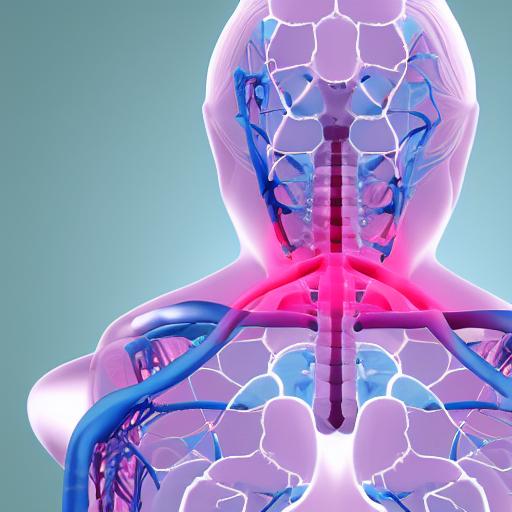Commercial mammograms will now include Google’s AI technology to aid in the detection of breast cancer.
On November 28, the business disclosed that it licensed its AI technology to iCAD, a provider of breast cancer screening services to medical facilities all around the world.
In addition to the AI-based tactics that iCAD already uses for its cancer screening services, Google’s algorithm, which Google has been testing with Northwestern University academics, will now be included. Greg Corrado, chief scientist of Google’s AI healthcare team and co-founder of the Google Brain team, says, It’s an inflection point for them. They are making the transition from academic research to being able to use their algorithm in practical applications.
In a previous study published in Nature in 2020, Google’s mammography algorithm outperformed radiologists in terms of reporting fewer false positives and false negatives when reading the images. The study included mammograms from over 91,000 women in the United States and the United Kingdom. Google’s approach reduced the false positive rate by 6% in the United States, where most women aged 50 to 74 are advised to be examined every two years, and by 1.2% in the United Kingdom, where women aged 50 to 70 are encouraged to be screened every three years. The machine learning system significantly reduced false positives by 9% in the United States and roughly 3% in the United Kingdom.
The 7,500 mammography sites worldwide, including university health systems, that utilize iCAD’s services will now have access to that benefit for the first time on a commercial basis. While Corrado declined to elaborate on how Google’s algorithm differs from others being explored by other researchers and businesses in the sector, he claimed that the system uses data from a wide range of pictures, even outside of those of breast tissue, to improve the machine learning procedure. As part of their cooperation agreement, iCAD and Google will keep improving the technology.




